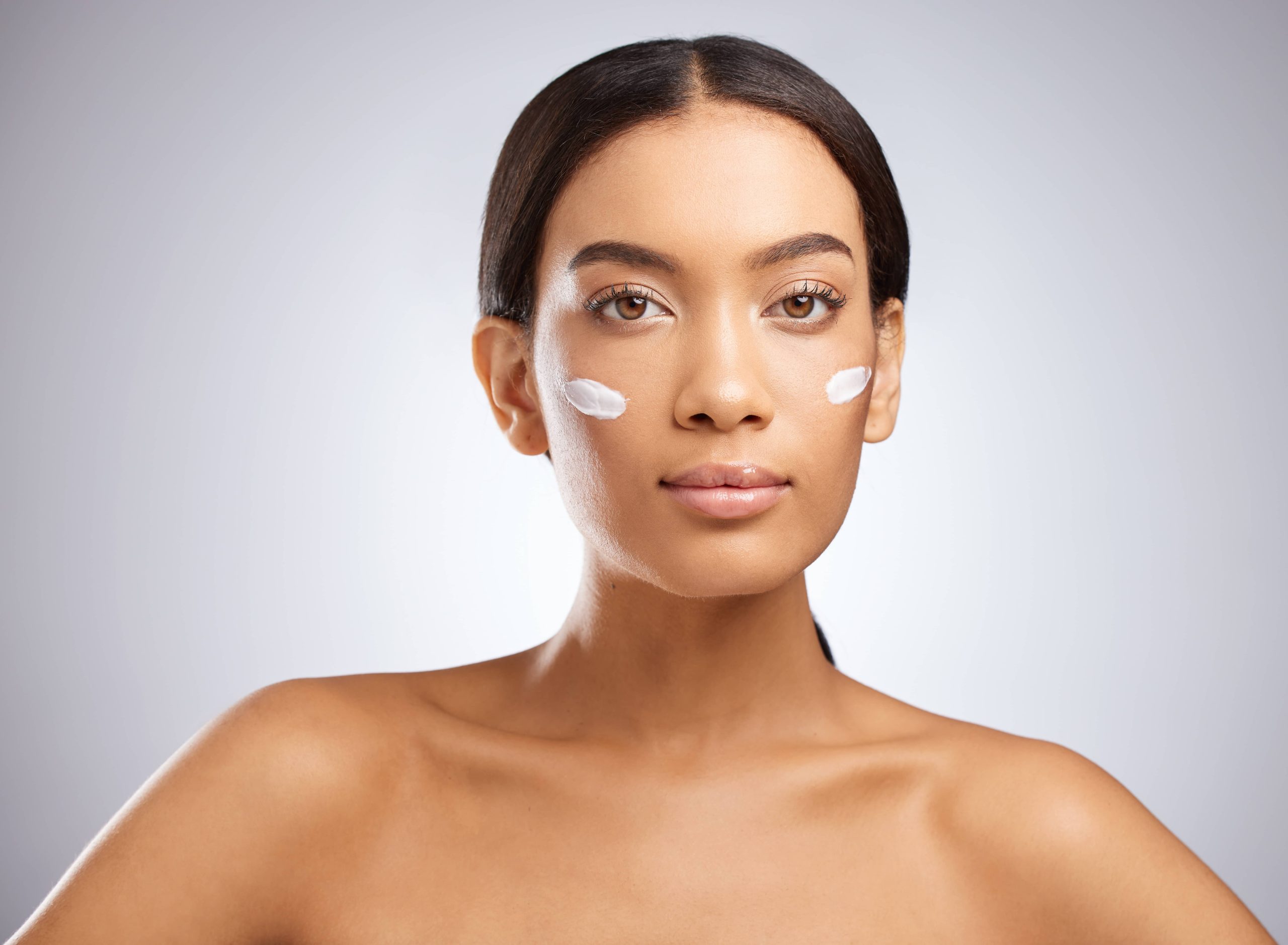
In the quest for flawless skin, we often find ourselves bombarded with a plethora of skincare products, each promising miraculous results. However, not all skincare ingredients are created equal. Some can do more harm than good, leading to irritation, allergies, or even long-term health issues. As a beauty blogger passionate about skincare, I believe it’s crucial to be informed about what we put on our skin. Here are fifteen skincare ingredients you should always avoid:
1. Parabens
Parabens are widely used as preservatives in cosmetics to prevent the growth of bacteria and mold. However, they can mimic estrogen in the body, potentially disrupting hormonal balance and increasing the risk of breast cancer. Look out for ingredients like methylparaben, propylparaben, and butylparaben on labels.
2. Sulfates
Commonly found in cleansers and shampoos, sulfates like sodium lauryl sulfate (SLS) and sodium laureth sulfate (SLES) are responsible for creating a lathering effect. Unfortunately, they can strip the skin of its natural oils, leading to dryness and irritation, especially for those with sensitive skin.
3. Phthalates
These chemicals are used to increase the flexibility and softness of plastics and are often found in fragrances. Phthalates have been linked to endocrine disruption, reproductive issues, and developmental problems. Avoid products with “fragrance” or “parfum” on the label, as these terms can hide phthalates.
4. Formaldehyde
A known carcinogen, formaldehyde is used in some nail polishes, hair straightening treatments, and as a preservative in cosmetics. It can cause allergic reactions and skin irritation. Look for ingredients like formalin, methanal, and methylene oxide, which are formaldehyde releasers.
5. Synthetic Fragrances
While they make products smell appealing, synthetic fragrances can cause allergies, skin irritation, and respiratory issues. They often contain phthalates and other harmful chemicals. Opt for products with natural fragrances or those labeled as “fragrance-free.”
6. Triclosan
An antibacterial agent found in some soaps, toothpaste, and deodorants, triclosan can contribute to antibiotic resistance and disrupt thyroid function. It’s best to choose products labeled as “triclosan-free.”
7. Polyethylene Glycols (PEGs)
Used as thickeners, solvents, and moisture carriers in cosmetics, PEGs can be contaminated with ethylene oxide and 1,4-dioxane, both of which are carcinogenic. They can also strip the skin of its natural moisture, leading to dryness.
8. Oxybenzone
A common ingredient in chemical sunscreens, oxybenzone can penetrate the skin and act as a hormone disruptor. It has been linked to allergic reactions and potential harm to coral reefs. Opt for mineral sunscreens with zinc oxide or titanium dioxide instead.
9. Toluene
Found in nail polish and hair dyes, toluene is a solvent that can affect the respiratory system and cause dizziness or headaches. It’s particularly harmful to pregnant women, as it can affect fetal development. Look for “toluene-free” labels.
10. Hydroquinone
Used in skin-lightening products, hydroquinone can cause skin irritation and has been linked to ochronosis, a condition that causes blue-black pigmentation. It’s banned in some countries due to its potential carcinogenic effects.
11. BHA and BHT
Butylated hydroxyanisole (BHA) and butylated hydroxytoluene (BHT) are synthetic antioxidants used as preservatives in cosmetics. They can cause skin irritation and have been linked to endocrine disruption and cancer in animal studies.
12. Retinyl Palmitate
A form of vitamin A, retinyl palmitate is used in anti-aging products. However, it can break down into retinoic acid, which may increase the risk of skin cancer when exposed to sunlight. Use products with this ingredient only at night and always apply sunscreen during the day.
13. Coal Tar
Used in anti-dandruff shampoos and anti-itch creams, coal tar is a known carcinogen. It can also cause skin irritation and photosensitivity. Look for coal tar-free alternatives for treating scalp and skin conditions.
14. Lead
Often found in lipsticks and other cosmetics, lead is a neurotoxin that can accumulate in the body over time, leading to serious health issues. Choose products from reputable brands that test for heavy metals.
15. Siloxanes
Used to soften, smooth, and moisten, siloxanes like cyclopentasiloxane and cyclotetrasiloxane can disrupt the endocrine system and are harmful to the environment. Opt for products labeled as “siloxane-free.”
In conclusion, being mindful of the ingredients in your skincare products is essential for maintaining healthy skin and overall well-being. Always read labels carefully and opt for products with natural, safe ingredients. Your skin will thank you for it!
